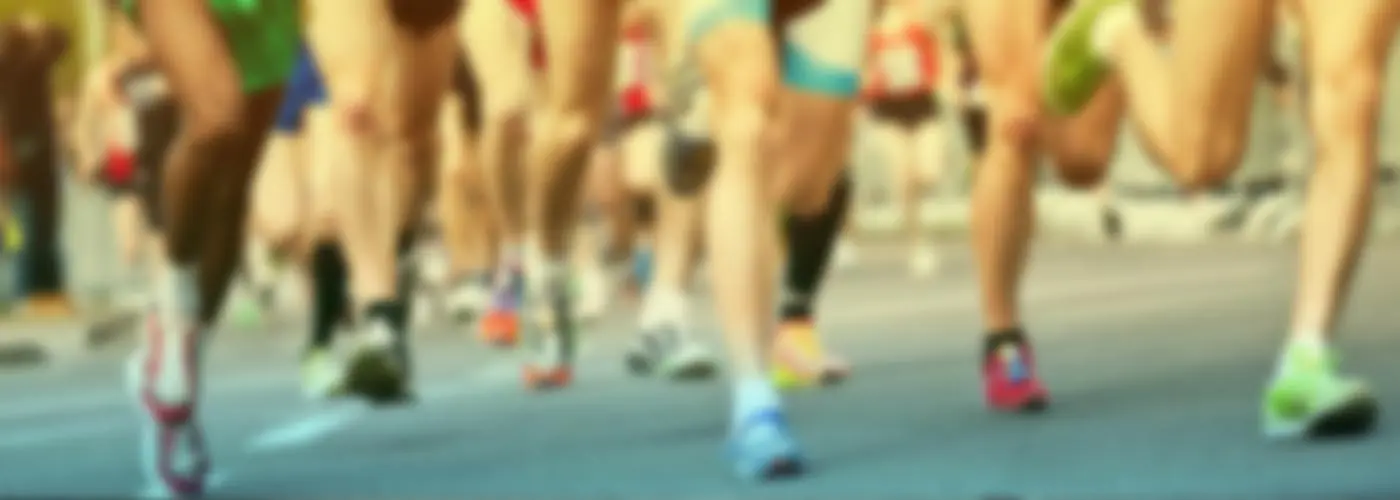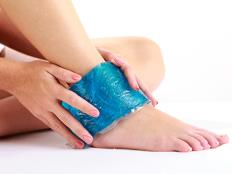
The female body in motion is a thing of beauty. . .most of the time. Let's face it: When we're running, things can get pretty gross. There's the usual icky stuff like bruised toenails and blisters, but occasionally super-cringe-worthy accidents raise their ugly heads. Period mishaps and digestive matters are tough to discuss, even while sweating it out with your girlfriends on a long run.
Never fear, my dear. We chatted with dozens of veteran runners to get the scoop on running's nastiest side effects so you can deal with any issue that crops up down the road.
Painful Lady Parts
Rubbed skin plus a little sweat equals the perfect recipe for chafing—and nothing below your fuel belt is safe. Many women runners endure painful blistering on the labia, perineum and even between the butt cheeks.
In order to sit down comfortably post-run, you need to fend off friction. Stop chafing before it starts by lubing all areas pre-workout and wearing only wicking fabrics. Avoid cotton at all costs, and invest in seamless performance underwear and shorts. Don't be shy about applying lubricating products to any skin that could rub. We like BodyGlide For Her ($8, bodyglide.com) or Hammer Seat Saver ($11 for 2 oz., hammernutrition.com).
Take a sample-sized container with you on long runs to reapply. One runner we spoke with recommends toting ChapStick Lip Moisturizer ($2, drugstores) for an easy-to-carry lubricant in a pinch.
If the damage has been done, runner Rebecca Schaefer suggests applying diaper rash ointment for quick recovery and pain relief. California Baby Diaper Rash Cream ($12, drugstores) will have you running your chafe-free butt off again in no time.
Terrible (Number) Two
If you've ever had to veer off the road in a desperate search for a public restroom (or a large shrub), then you know that GI issues can make any good run go bad. Because blood travels away from the digestive tract to support working muscles when you run, proper digestion becomes stunted, which can lead to potential discomfort.Sports nutritionist and runner Sunny Blende says that the key to avoiding impromptu bathroom breaks is hydration. "Dehydration increases the incidence of GI complaints and slows gastric emptying by 50 percent," says Blende. She also recommends grazing rather than eating large meals the day before an important run or race. Avoid high-fiber foods and sugar substitutes, while reducing your intake of protein and fat.
If GI issues hit, don't panic. "Slow down a bit and be sure you are not dehydrated," advises Blende. It's also a good idea to carry some extra toilet paper and map out possible pit stops beforehand. If you are a frequent sufferer, see a doctor to rule out any underlying medical issues, like irritable bowel syndrome, lactose intolerance or colitis.
- 1
- of
- 2
About the Author

Get ACTIVE on the Go


Couch to 5K®
The best way to get new runners off the couch and across the finish line of their first 5K.
Available for iOS | Android







Discuss This Article